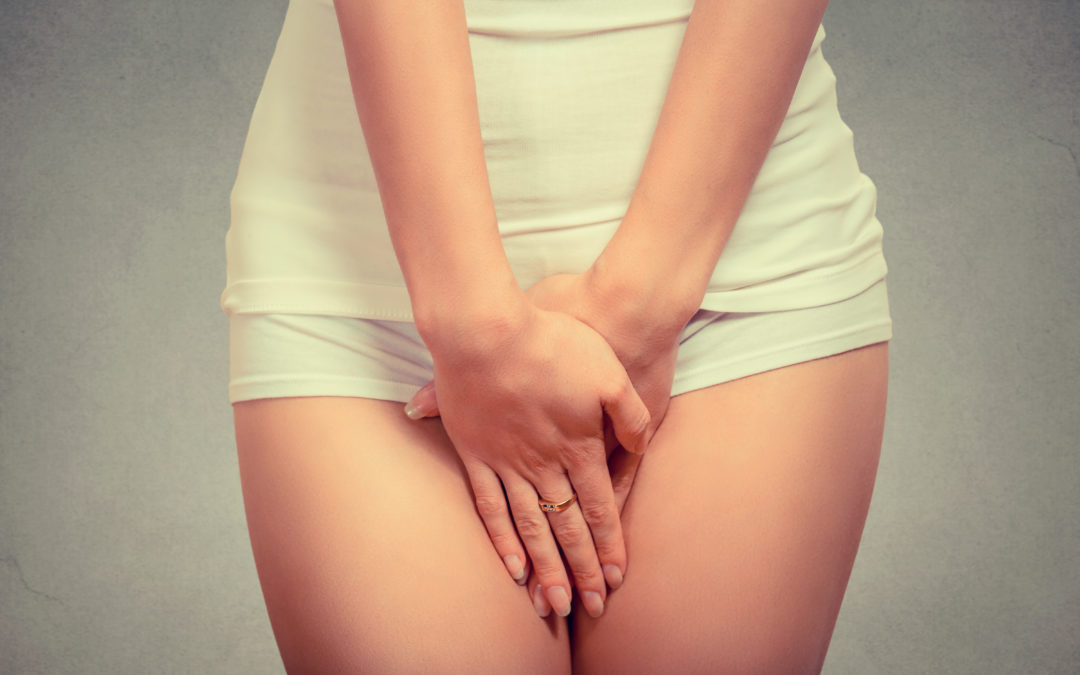
Nutrition and Erectile Dysfunction
by Maggie Bonnet, PhD., RN
In this blog, I’d like to highlight some findings on nutritional tips that can aid with erectile dysfunction (ED).
No magic wands, but may be helpful! My hope is that you will gain insight into the direct correlation between nutrition an ED. To be clear, this post is not intended to be medical advice. It is important that you consult your doctor before implementing any suggestions you read or hear about.

Let’s talk about what it takes to get an erection.
First you need a stimulus for the brain. Meaning you need to be in a situation that stimulates the brain. Because when the brain is stimulated, it sends a message to the penis. When the penis does not have a message from the brain, the smooth muscles are contracted, which gives the penis it’s flaccid characteristic.
But when the penis receives a message from the brain, the muscles expand. Such messages from the brain also stimulate the vessels, thus increasing the blood flow which causes the vessels to dilate. The blood flows to the central cavernous spaces, while the brain sends message to the muscles and the nerves, leading to increasing girth and length. Of course, the process is a lot more complex than this brief description. But I think you get the idea.
External factors that can affect erection include but are not limited to:
Stress, Depression, Issues that Affect your Psychological Functioning
High Blood Pressure, Diabetes, Obesity and High Cholesterol
Some medications also have the possibility of affecting erection. To prevent or aid with erectile dysfunction, one must adopt a healthy lifestyle. Incorporate smoking cessation, exercise, limited alcohol intake, and proper nutrition.

Because erectile dysfunction is often associated with poor blood supply to the penis, foods that are good for vascular system may help.
- Most people don’t like beets, but they are good for you. Beets as well as leafy greens contain nitrates which dilate the blood vessels.
- Tomatoes are delicious and contain lycopene which is good for circulation.
- Almonds, and dark chocolate contain magnesium which is an arterial relaxant. Arterial stiffness is common as we get older, and can be a contributing factor in age-related erectile dysfunction.
- A summer’s favorite of many is watermelon. They contain phytonutrients which are also antioxidants. These ingredients relax the blood vessels that supply erection.
- And last but not least, oysters. They have the reputation of being aphrodisiacs. Possibly because they contain the mineral zinc which can boost testosterone level. Please note, that some people with high cholesterol have been advised to refrain from or limit eating shellfish due to the high cholesterol content of some shellfish. Therefore, always take into consideration your own medical history and always consult your doctor.
Learn more about Maggie and how she can help with erectile dysfunction, Here
Follow us on Facebook, Instagram and Pinterest to see more advice from our therapists!

Pain with Intercourse
Most women at one time or another have experienced some level of pain with a sexual activity.
Most of the time, this is due to lack of lubrication or a lack of arousal before penetration. Making sure to give yourself enough time to emotionally and physically get aroused and ready for a sexual activity is paramount. It can be helpful to also start with something small to begin getting the vagina ready to be entered.
Don’t forget to use your tongue, fingers and toys before using something large like a penis or dildo.
Now, while most women do experience some pain at some point during their sexual lives, a smaller group of women experience pain every time they attempt intercourse. This could be due to a medical diagnosis called Dyspareunia; which simply means pain during intercourse. Some reasons for this may be the following: vaginismus, vulvodynia, endometriosis, vaginitis, pelvic inflammatory disease or lichen.
Vaginismus is when the muscles at the entrance to the vagina tighten down and make penetration difficult, painful and sometimes impossible.
Vulvodynia is when there is pain associated with the outside of the vulva. This may be a burning or sharp, prick-like pain.
Endometriosis is the inflammation of the uterine walls and/or bladder that causes pain.
Vaginitis is an infection in the vagina, which can cause inflammation and micro-tears in the canal and of coarse, pain.
PID is contracted from a sexually transited infection and causes inflammation and pelvic pain.
Lichen is an inflammatory disease that can cause a rash or itchy patches, which can happen in and around the vagina/vulva.
 So, any of these medical ailments also have a psychological component to them. They may not have started out that way, but when someone experiences pain when they are expecting pleasure, one might start to freak out about this, causing some stress. Imagine this happens time and time again, you might begin to avoid sexually activities all together. Maybe even kissing and cuddling begins to stress you out because you worry it will all lead to intercourse.
So, any of these medical ailments also have a psychological component to them. They may not have started out that way, but when someone experiences pain when they are expecting pleasure, one might start to freak out about this, causing some stress. Imagine this happens time and time again, you might begin to avoid sexually activities all together. Maybe even kissing and cuddling begins to stress you out because you worry it will all lead to intercourse.
Here’s a basic treatment plan to help heal all the above conditions:
First
Head to your gynecologist for a definitive diagnosis. Unfortunately not all gynecologists are created equal in this area. Call and make sure that they are knowledgeable about pelvic pain disorders and the possible treatments for them.
Second
Find a sex therapist in your area. Google sex therapy and your town, read their website. See if they mention having experience working with any of these conditions. Call them and ask how they work with these conditions. The most important aspect of therapy is the relationship you develop with your therapist, not necessarily all of their education and fancy websites. Ask around to your gynecologist, girl friends, family doctor for a referral.
Third
Look for a Pelvic Floor Physical Therapist. They are worth their weight in gold! They are specialized in pelvic floor EVERYTHING. They can fine tune your treatment plan.
So, with all three of those people in your corner, you can undo the damage to your sex life by these disorders.
Feel free to call us today to see if we have the right sex therapist for you. We are passionate about helping people live their best lives and that includes your best sex life.Take care and take care of your body/mind connection.



Recent Comments